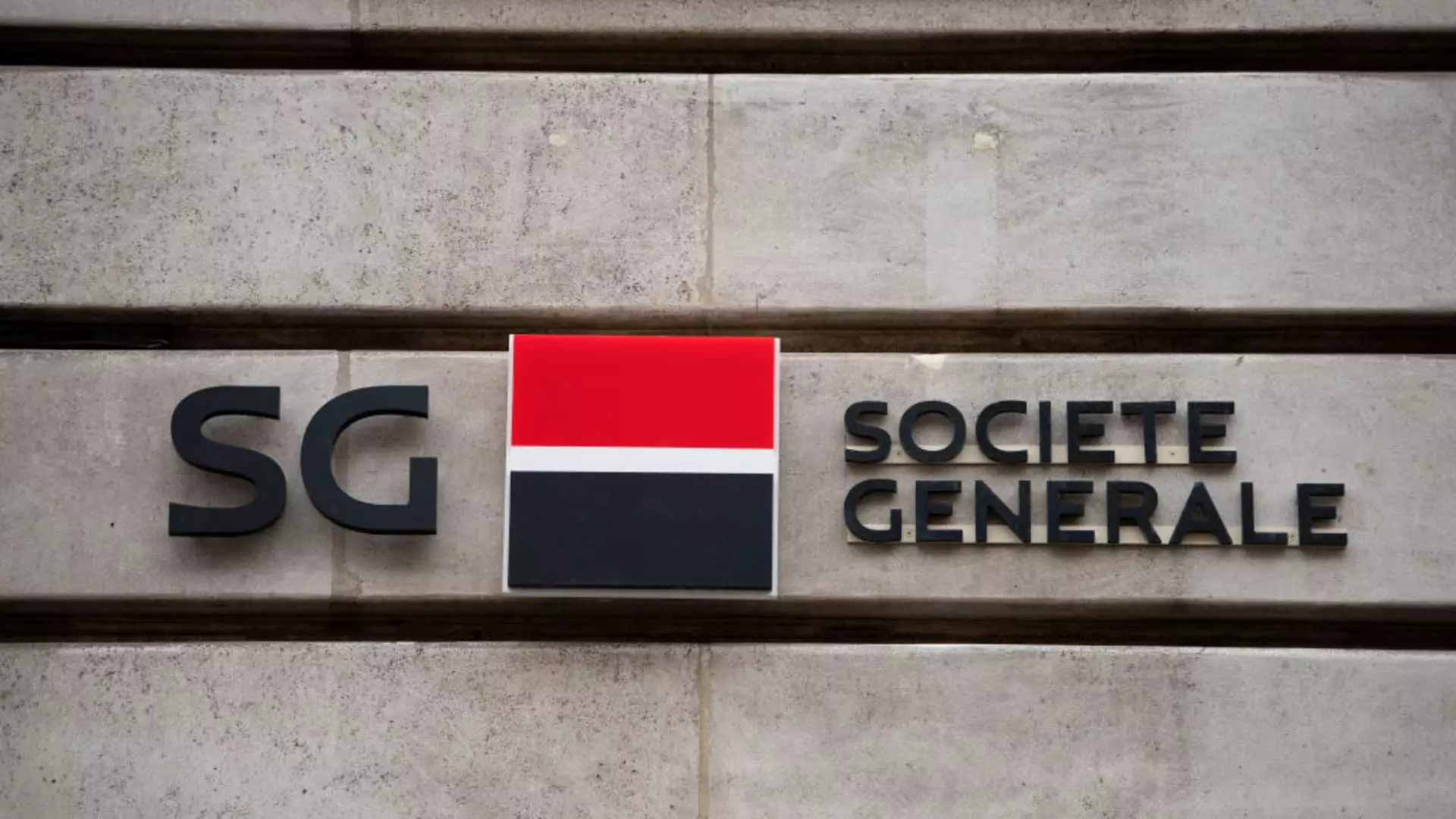A situation involving a former Societe Generale trader, Kavish Kataria, has come to light recently. Kataria was dismissed from the bank’s Delta One desk last year for making unauthorized risky bets. However, Kataria believes that he was unjustly fired and has accused the French bank of making him a “scapegoat.” He claimed that the profits and losses on his trades were regularly reported to his superiors both in Hong Kong and Paris, and a daily email about the transactions was also sent out. Despite this, he was still terminated from his position, leaving him feeling unfairly treated.
Failure in Responsibility
Kataria stated in a LinkedIn post that Societe Generale failed to take its share of responsibility for missing the trades and not identifying them in a timely manner. He believes that the blame for the unauthorized risky bets should not have fallen solely on him. Instead of acknowledging the lapse in their risk system, the bank chose to fire him, which he sees as an unjust action. Kataria’s frustration with the bank’s actions is evident in his public statements, where he expresses his disappointment in the lack of accountability from Societe Generale.
According to reports, Kataria had been dealing in options on Indian indexes, which were not permitted under his role. However, due to the nature of most of these trades being intraday, they went undetected for a significant period. Kataria emphasized that the trades were auto-booked and mentioned that a daily email was sent out to the entire group, indicating that the transactions had been reconciled. This raises questions about the oversight and risk management practices within Societe Generale, as well as the clarity of guidelines provided to their traders.
Following his dismissal from the bank, Kataria called for better regulation within the trading industry. He expressed his concerns about the lack of rules and regulations that could protect traders from being unfairly treated in situations similar to his own. Kataria’s call for increased oversight and accountability in the industry highlights the importance of maintaining fair and transparent practices to prevent situations where individuals are targeted as scapegoats for broader organizational failures.
Societe Generale’s history with rogue traders, such as Jerome Kerviel, who caused significant losses for the bank in 2008, adds a layer of complexity to Kataria’s case. The bank’s past experiences with unauthorized trading activities may have influenced the swift action taken against Kataria and his team head, Kevin Ng. However, it is essential to consider each case independently and ensure that individuals are held accountable for their actions without being unfairly scapegoated for systemic issues within the organization.
The case of Kavish Kataria and his dismissal from Societe Generale raises important questions about accountability, transparency, and regulatory oversight in the trading industry. Kataria’s public statements highlight the challenges faced by traders who feel unfairly targeted by their employers in cases of internal failures. The need for clear guidelines, effective risk management practices, and fair treatment of individuals involved in trading activities is crucial to maintaining the integrity and trust within financial institutions. As the industry continues to evolve, it is essential for organizations to learn from past mistakes and strive for greater transparency and accountability in their operations.

